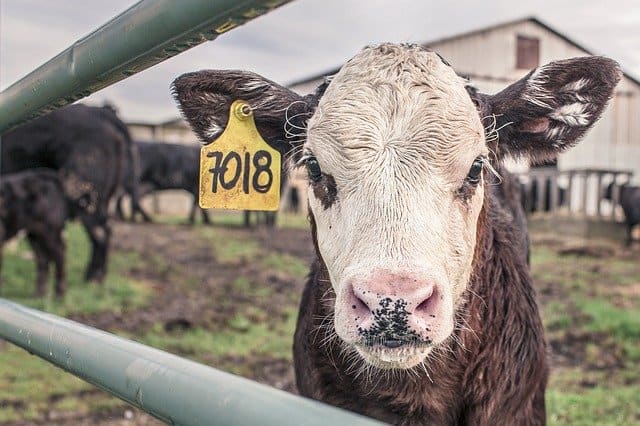
w(h)ither the food system?
The pandemic has certainly made very clear just how many of and how deeply our policies and systems are flawed and how tightly they are intertwined: just for starters, in the healthcare, labor, education, and food systems, the gulf between the haves and the have nots has never been more obvious—possibly since the Great Depression.
food system blues
As someone who has been paying attention to the food system for a few decades and is privileged to live in an area where small farmers abound, it’s been heartening to see many of them pivot to new ways of selling their crops (more CSAs, more collaborations and cooperatives, more online options, more pick-up and delivery). It is perhaps the mid-sized farmers who are struggling more, since many of them provide large amounts of food for institutional use—and many schools, hospitals, and nursing homes are no longer feeding as many people.
Turning to Big Food, this week, the country’s meat industry (which really means the meat monopoly) reports that it’s in serious trouble. Meat packing plants have been closed, upon reopening they can quickly become hotbeds of Covid-19 infection, and the slowdown in processing is likely to force the euthanization and mass burial of animals originally headed to slaughter at very specific stages of growth.
No, you’re not the only one channeling Upton Sinclair’s The Jungle right now. While our media are busy decrying the wet markets of China, we might want to spend some time looking in our own back yard at how our conventional meat industry treats workers and animals.
(Take what lessons you will from this—here’s a big one of mine: every time the media goes crazy and is spurred on by the politicians in power, I’m looking for what their attention is being kept away from.)
No, this is not a promotion for becoming vegetarian or vegan; however, as a health coach, I firmly support eating more, more, MORE whole plant foods (NOT faux meat)!
small (and local) is beautiful
I am distressed about what’s happening in the meat industry—and I’ve been distressed about it for a very long time. I’m not vegan or even vegetarian, and yet I understand the concerns about the effects of eating animals on our health and on the health of the planet. However, I also feel that the truth lies somewhere in between the “vegeterrorists” and the “meat and potatoes” lifestyles.
I do admit to feeling some David-like satisfaction in watching Goliath, AKA Big Food/Big Ag, fall since I am a huge proponent of buying direct from small producers. I have been hopeful that the pandemic might bring about some changes to our food system—not just in what’s on our own plates but in how many of us can access healthy food.
Just as GMOs have not fulfilled their promise of feeding the world, Big Food has not made truly healthy food accessible to all. Perhaps the pandemic will make a few more people aware of the importance of buying local and supporting small farms, and the Big Food/Big Ag sector will wither.
I know: there are the naysayers, and I hope that they are wrong.
And on selfish note, I guess that if Americans can’t live without their burgers and immediately return to the old normal once the pandemic is past, we health coaches will be in more demand than ever?
make the connection
If you’re interested in shifting your domestic food system, make sure to attend one of my free virtual Wednesday Workshops. And if you want to read more about how you can change the food system—both at home and in the larger world—download the introduction to my cookbook.
Leave me a comment and let me know, how have you changed how and where you buy food during the pandemic? What do you see yourself doing about it after the lockdown ends?



